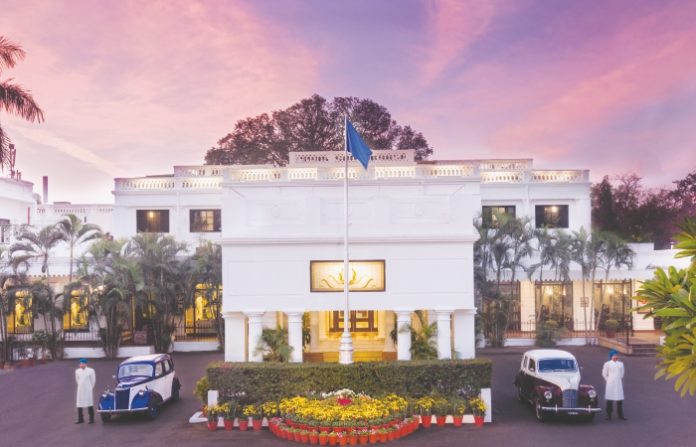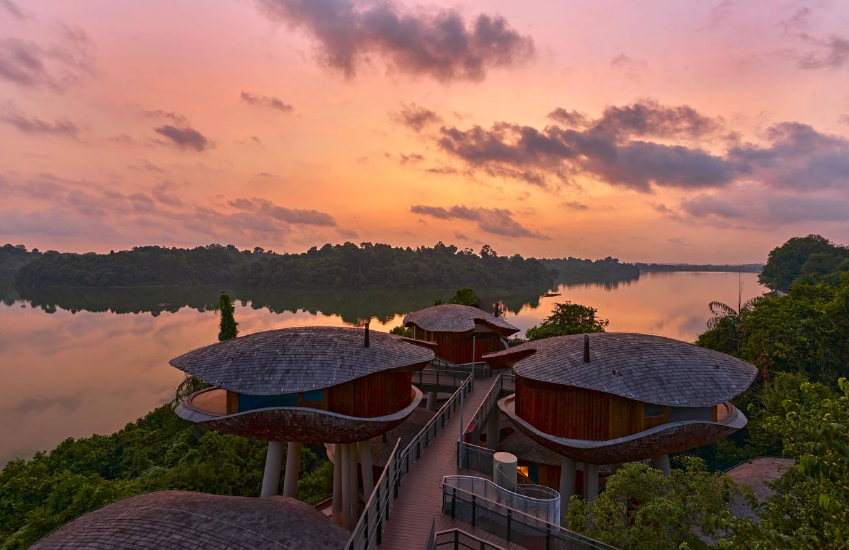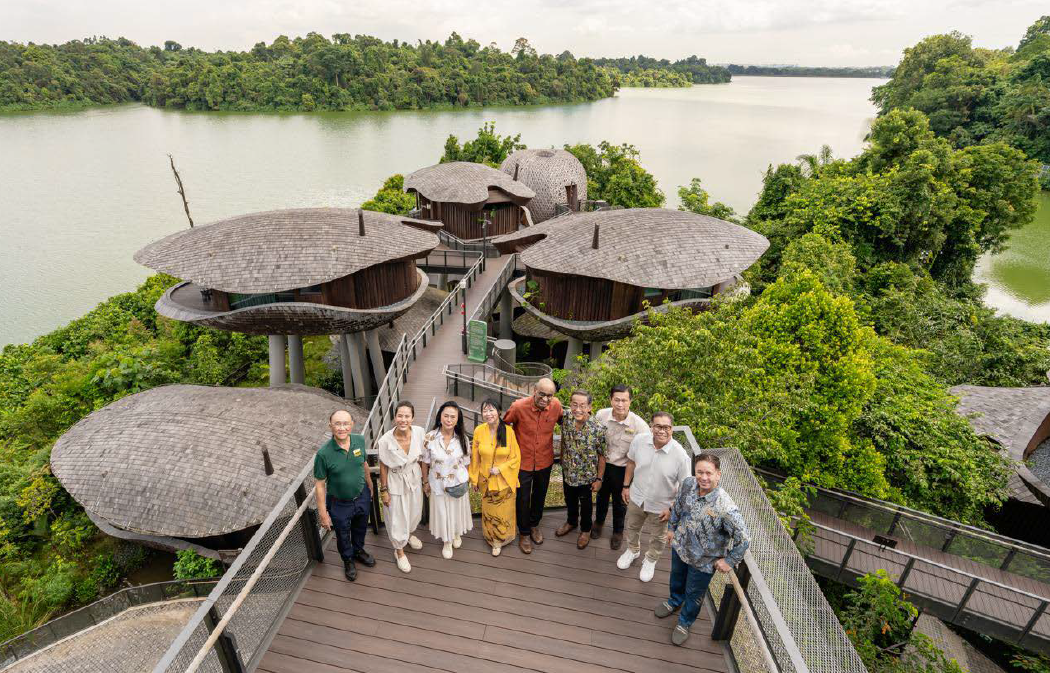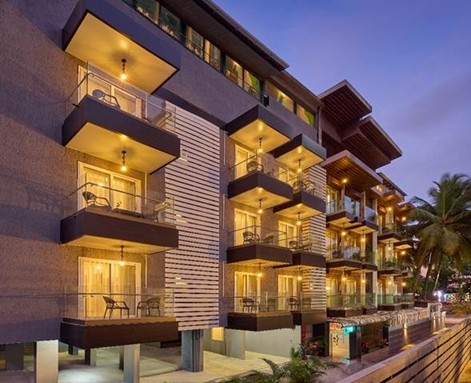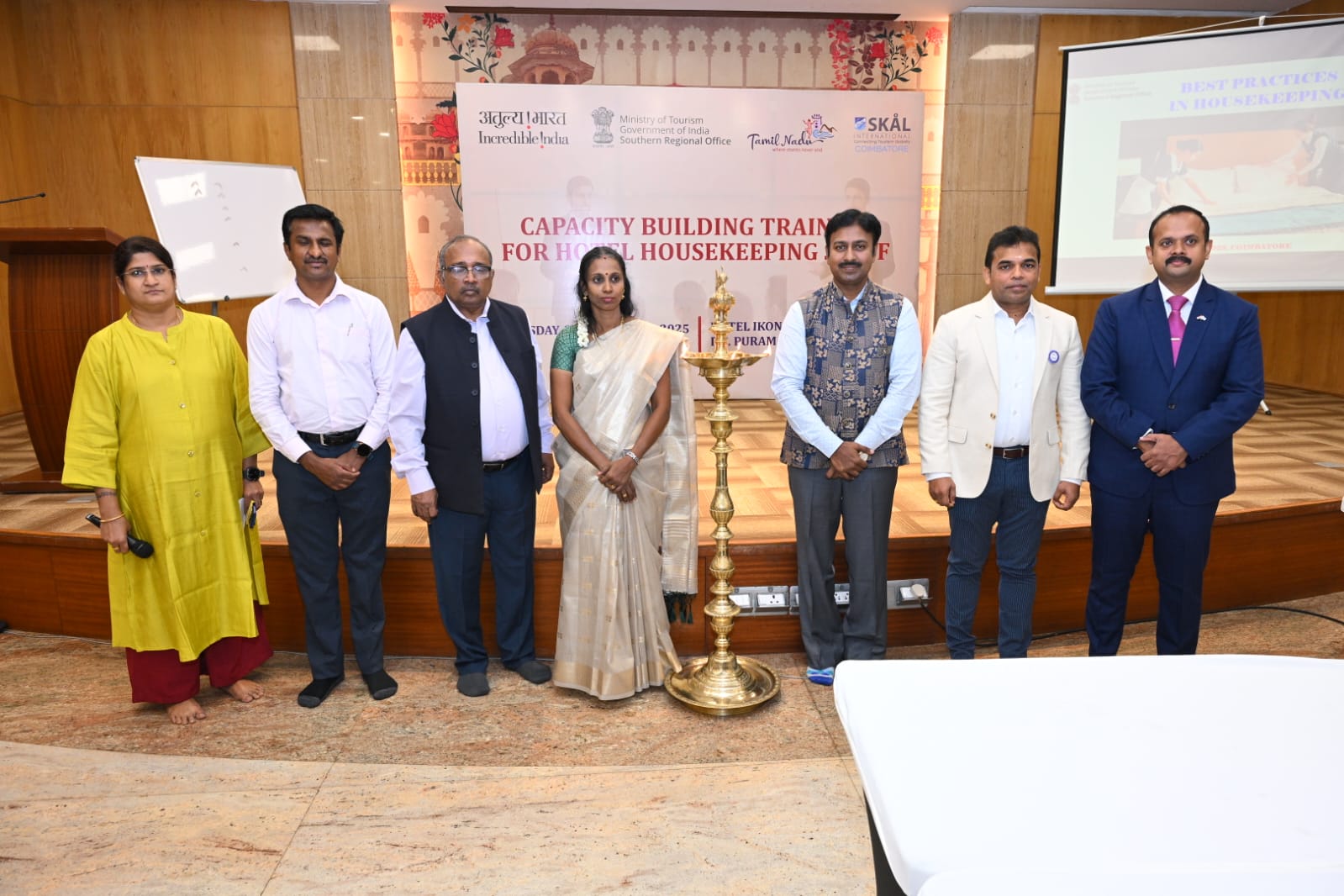As demand for experiential travel grows within the country, Faiz Rashid, Director of Jehan Numa Group, feels that the brand’s 100-year-old legacy will give them an edge over global companies.
Lipla Negi
From crisis management to business strategies, the pandemic changed many things for many hoteliers around the world. However, for Faiz Rashid, Director of Jehan Numa Group of Hotels and a direct descendant of Dost Mohammad Khan and the Begums of Bhopal, the crisis has simply reaffirmed his faith and renewed his passion for the family-run business.
Owned and managed by the founding family of Bhopal, the Jehan Numa Group consists of four distinctive boutique luxury hotels: the Jehan Numa Palace and Jehan Numa Retreat in Bhopal; the critically-acclaimed Reni Pani Jungle Lodge in Satpura; and the recently-launched Bori Safari Lodge in the Bori Wildlife Sanctuary.
Custodian of the heritage
His passion for hospitality runs in his genes. While Faiz Rashid stays in Bhopal to look after the retreat and the palace hotel, his brother Aly Rashid takes care of the two lodges. “For us, being a legacy business, it comes down to being involved with the property through generations. We are like custodians of the property, and we want to try and carry the legacy forward. But for someone else who is into the business of buying and selling, it only comes down to restoring the property and then selling or reselling it to someone else. Our focus is always passing it to the next generation,” said Faiz.
The erstwhile state of Bhopal was founded by Dost Mohammad Khan in 1724. But then the Begums of the family ruled for over 100 years. Four generations of Begums of Bhopal quietly and determinedly sowed the seeds of growth and transformation, health and civic innovations, and advancements in the fields of arts, education, and architecture in the area.
The stately residence — Jehan Numa Palace — was built on the slopes of the Shamla hills in the 19th century by General Obaidullah Khan, son of the last Begum. It was converted into a world-class heritage hotel in 1983 by the General’s grandsons.
Collaboration is not an option
The family has been running the hotel for nearly four decades now, and has no plans to collaborate with a global brand. It is not that no lucrative offer came, but the family was determined to take the legacy forward without diluting its essence.
“In the last 40 years, we have done well and things have been working for us. So we feel that as a business we must continue the way we are. The way we understand the palace, property and people working for us through generations, makes our hospitality different from others. We are not very keen to give it away to an international brand. And this is something that makes us unique. We did it when we were growing up, and we want to pass it on to the future generations,” shared Rashid.
He believes that the way his family understands this place, with its history, culture, cuisine, and even the jungles around it, makes their hospitality one-of-its-kind. “We truly follow the General’s ideas and values,” said Rashid.
Talking about the culinary history, Rashid added how the old family recipes are conserved through generations, and proudly mentioned, “These recipes cannot be copied and that is what Bhopal stands for.”
He said, “The 100-year rule of the Begum in Bhopal makes the city unique. The great, great-grandchildren of the General are still running the hotel. And because we are personally involved in the day-to-day running of the hotel, it makes us different.”
A cut above the competition
The confidence in his voice is unmistakable as he talks about the competition the group faces within the country. The tales of Indian royalty have always adorned fables and fairy tales alike, and inspired many world travellers throughout the ages. Even today, the country offers plenty of heritage jewels, some of which are now being acquired and promoted by international hotel chains. Unfazed by the growing competition, Faiz views the opening of Raffles Udaipur and Six Senses Fort Barwara last year as a positive sign – proof of sorts of his belief that “there is a niche in India that we suddenly see, who seek experiential travel, wanting something out of the box, desiring something different and personalised – and this is something we have always believed in.”
Pandemic doubled passion
While the pandemic was the worst for the industry, it gave the Rashid brothers an opportunity to take a breather and relook at all that they could offer travellers. Faiz looks at the pandemic from the perspective of “who we are and what we offer!” Since his place was purely an experiential property, he recently spent a lot of time setting up a museum featuring family photos and treasured artefacts within the Jehen Numa Palace, and it set things rolling for all the other properties. “We created a unique dining experience at the General’s Table. At the retreat, we set up private dining spaces and also set up a green-house bistro,” he adds.Realising that social media is a necessity nowadays, the brothers also started a dedicated page for their properties.
“If you look at our social media page, the quality of the pictures of the experiences that we offer is our main focus. We are not running after ‘paid likes’. If a customer stays with us, experiences our hospitality and finds and likes us on social media, that is very satisfying for us. We try to give a glimpse of our legacy,” he explains.
Besides history and nature, their social media pages are a feast for the eyes. “Food is an integral part of the Jehen Numa experience. We give a lot of importance to it, especially on social media. Through pictures, we try to showcase the legacy of our 100-year old family recipes,” he shares.
Personalisation trump numbers
Any hotel expects and strives for 100 per cent occupancy. But Rashid clearly knows that it is not numbers that define success for them. “We cannot cater to anything large. The moment we target large groups, the uniqueness of our experiential hospitality goes out the window. We prefer to be in small groups where we can offer something unique,” he says. He is fine with getting a slightly lower occupancy as long as “people go back understanding what their hospitality standards are.” The word “niche” sums up their target audience, driving their marketing strategy. “While over the top (OTT) got the numbers, the travel agent who is into luxury leisure travel and does tailor-made experiential travel is a match for us,” he affirms.
Personalisation rules the roost here. Whenever time allows, Rashid accompanies guests for a walk around the palace, while Aly, a wildlife enthusiast himself, drives the guests on jungle safaris. “We have personalised cards and notes for them. At the jungle lodge, we had a surprise sundowner. As you take a bend on the road, you have your sundowner with your choice of drinks in the middle of nowhere,” he shares. At the palace, you enjoy your morning tea while watching horses being exercised, reminiscent of the General’s love for horses that continues in the hotels. “We have four to five coloured bred horses which have come down through generations,” he says. “As the COVID-19 cases lessened in numbers and restrictions were eased by the Government of India, leisure travel surged within India, but “it was never swarms of travellers coming into our hotels,” he says.
That is not how the family plans their business, and definitely not through discounts or promotions on OTTs. “Leisure travellers travel a lot within India. But within that, Bhopal has thankfully received a niche of those travellers who want to explore a city which was untouched. While regular travellers go to Goa and Udaipur, among others, a well-travelled person ends up coming to Bhopal,” Faiz says.


